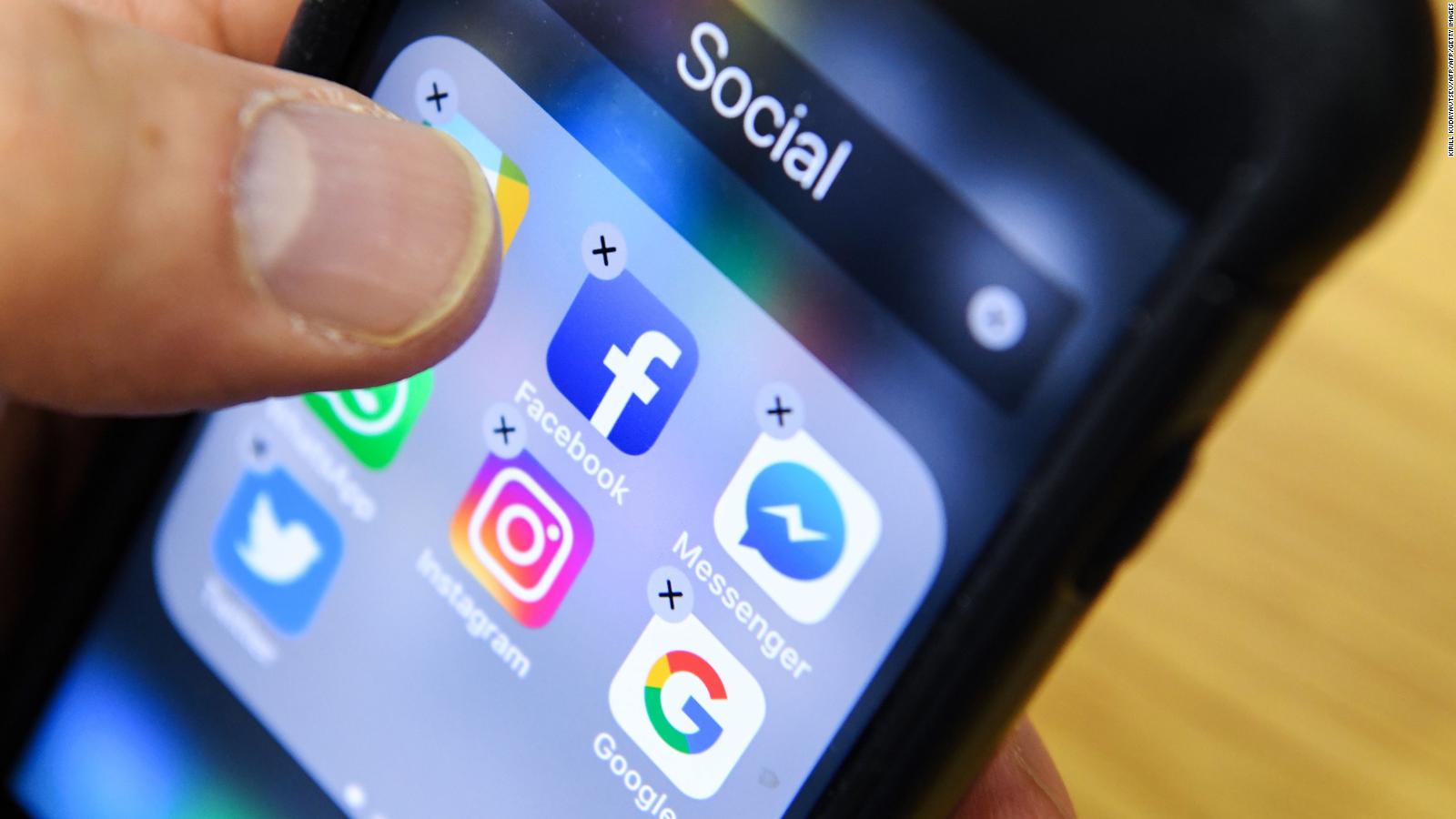Social media is one of the best inventions of recent years, in less than a decade they have transformed the way we stand and somehow our lifestyles, almost without realizing it, we have incorporated them into our daily routine. although there are many types, there is no doubt that most of the people we know are used to using Facebook.
The project that began as a small page for students to get to know their colleagues better has become a fundamental part of many people’s lives, from a platform to connect with old friends to a fundamental strategy for a growing number of companies, Facebook is here to stay.
- However.
- Not everything is as beautiful as it seems at the beginning: a study by scientist Morten Tromholt of the University of Copenhagen in 2015 and published in the journal Cyberpsychology.
- Behavior and Social Networking indicates that the overuse of Facebook negatively affects our emotional health.
Despite this, Facebook continues to play a central role in our day-to-day life, now, should we worry about how we use this social network?Science seems to indicate that we have to learn how to use it better. Let’s go further.
As we said, Facebook overuse is linked to higher levels of emotional discomfort, below we will explain how that influences us.
Excessive use of Facebook reduces emotional well-being and affects our brains.
If you use Facebook frequently, you know that most people don’t use it to send unimportant photos of their daily lives, on the contrary, this social network is a showcase of the most incredible experiences others experience, something like a theater of happiness. where you only show what you think is most appreciated by others, and tastes are the applause of success.
So, every time we open Facebook, can we find friends who travel the world with backpacks, people who do interesting activities, beautiful landscapes?And in the meantime, we sit at home, looking at the lives of others with envy.
In this scenario one of the most common behaviors is to compare yourself to others, the problem is that this comparison is not realistic, because on Facebook we only see the best moments of other people’s lives, so if you think your life is not good enough when you use Facebook, ask yourself if you don’t use it too much.
One of the most studied phenomena in psychology is the impotence learned, it refers to the feeling of incapacity that is felt when you want to leave a certain situation that causes discomfort and pain and cannot be affected.
Some studies show that Facebook reduces people’s emotional well-being, showing several horrible situations that we can do nothing to change, for example, news about disasters, crimes, very negative personal situations, hence, on many occasions, we live states of lack of motivation, interest and enthusiasm.
As if the previous two points were not worrying enough, a new variable has been studied in recent years: the effect of excess information on the brain.
Our mind evolved in an environment where information was scarce, so our brain is not prepared to work with the large amount of data that we can access in the modern world, so Facebook reduces the emotional well-being of its users by bombarding them with disconnected ideas that make them, after using it, listless and energyless.
In addition, this excess information can lead to an increase in anxiety and stress levels of regular social network users. In fact, according to Behavioral Brain Research, continued use of Facebook can reduce gray matter in the brain.
As we see, facebook overuse has consequences that we can avoid if we make conscious and moderate use of this social network, so if you find that your attention is declining or that discomfort invades you every time you visit Facebook, perhaps reducing the hours you spend on this social network is a good idea.

